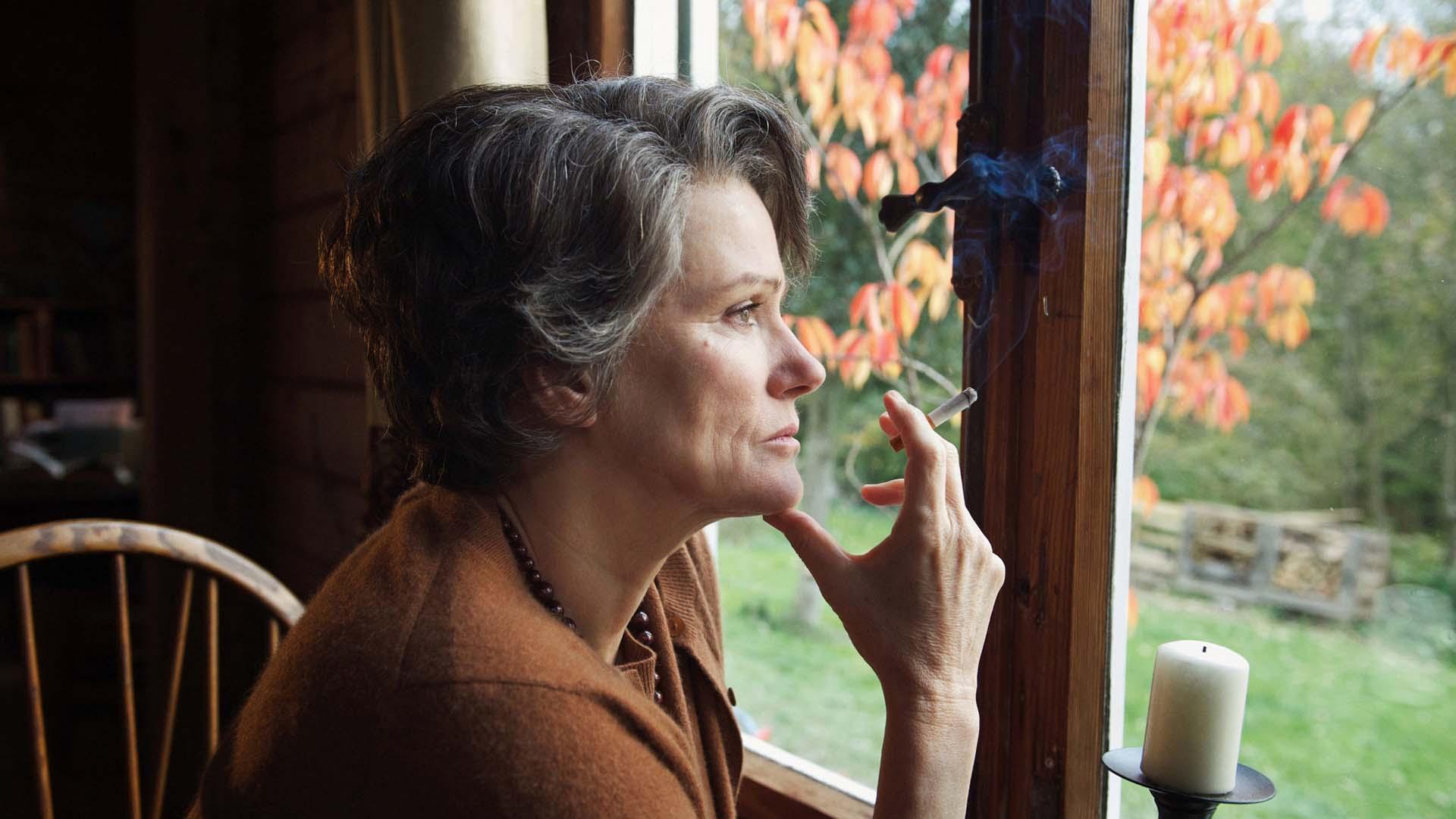Hannah Arendt (1906–1975) was one of the twentieth century’s most important thinkers, a student and erstwhile lover of the Nazi philosopher Martin Heidegger. Having fled the Nazi regime by the skin of their teeth, she and her husband found asylum in New York during and after WWII. In 1961, Arendt is commissioned by the prestigious New Yorker magazine to cover the Adolf Eichmann trial in Jerusalem. Eichmann, one of the most important cogs in the Nazi’s Final Solution, is revealed in the trial not only as an efficient technocrat but also a most un-brilliant and mediocre person, leading Arendt to coin the unforgettable phrase “the banality of evil” in her series of articles for the New Yorker and her subsequent book. This personal and historical portrait by New German Cinema force Margarethe von Trotta (The Second Awakening of Christa Klages, Sisters, and Rosa Luxemburg), focuses on the four torrential years in Arendt’s life during and following the Eichmann Trial and the controversy and fire she drew following her analysis.
